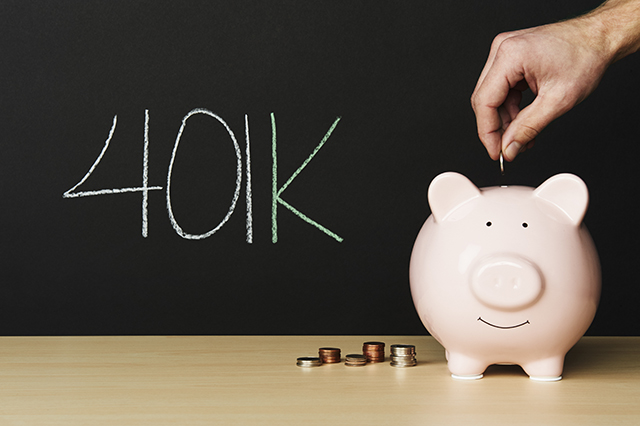One of the hard truths of retirement is that Social Security will not cover your financial needs. In fact, it probably won’t even cover half. According to the Center on Budget and Policy Priorities, Social Security benefits for someone who retires in 2020 will only replace about 40% of past earnings.
All this is to say that you’ll likely need an additional account in order to live comfortably in retirement. There are two primary types of such accounts: a pension and 401(k).
Both a pension plan and 401(k) are savings accounts used to provide the owner with money in retirement. However, they differ significantly in how they are funded and administered.
What Is a Pension Plan?
Pensions are a workplace benefit that employees receive once they have met certain criteria. These usually include the requirement to work a minimum number of years. The amount of money put into a pension is usually based on the employee’s years of service and earnings during that time.
One of the main benefits of a pension is that the employee does not need to contribute as much, if any, to the account. Instead, it is usually funded mostly by the employer. Because of this, pensions can be extremely beneficial to employees and are highly sought after. However, they are quickly disappearing from the private sector. According to the advisory group, Willis Towers Watson, only 14% of Fortune 500 companies offered a pension plan to new employees in 2019. That’s a significant drop from 59% rate in 1998.
If you work in the private sector and you have a pension, it is likely fully funded and you don’t need to worry about the money running out. The Pension Benefit Guaranty Corporation, a federal agency, insures more than 35 million American pension plans. Pensions for public employees, however, have been under duress. The Pew Charitable Trusts found a $1 trillion gap in pension funding for all 50 states.
A major drawback to a pension is the lack of control the employee has over the account. A pension plan does not allow employees to see where their money is being invested or how it is performing. They also may not be able to choose if the account funds are distributed in a lump sum or monthly payments.

What Is a 401(k)?
401(k) accounts are also an employee benefit. However, this retirement plan requires the employee to contribute the funds. A percentage of each paycheck will be directed into the account. Some employers offer to match employee contributions up to a certain percentage. In 2020, employees are allowed to contribute up to $19,500 into a 401(k). Those age 50 and older are allowed to add up to $6,500 in catch-up contributions.
There are two types of 401(k) accounts: traditional and Roth. In a traditional plan, money is deducted from an employee’s paycheck before taxes are applied and continues to grow tax-free. However, when the money is taken during retirement it is taxed just as regular income would be.
Roth accounts work in the opposite manner. Money put into the plan is taxed at that time. However, all the funds in your account can be withdrawn in retirement tax-free.
One of the main benefits of a 401(k) is the control an employee has over the account. Generally, an employee can choose which funds within a company’s plan to place their money. (Employees should make sure they are well-educated on the topic and seek out help from financial advisors.) Workers are also able to see how their 401(k) accounts are performing at any time.
Learn about all the ways AAA and Discover can help you save and set you up for a comfortable retirement.
2 Thoughts on “What’s the Difference Between a Pension and 401(k)?”
Leave A Comment
Comments are subject to moderation and may or may not be published at the editor’s discretion. Only comments that are relevant to the article and add value to the Your AAA community will be considered. Comments may be edited for clarity and length.















While funds withdrawn from a Roth Account are tax free, I believe any interest gained is taxed.
A 401(k) plan is managed by each individual in the plan leaving them with this responsibility and risk in market downturns. This in turn assumes that the participant has the knowledge, ability, and temperment to successfully navigate the ship of his or her individual portfolio. This was a way for corporations to get out of their obligations of providing a lifetime pension that was professionally managed at lower cost than a 401(k) plan. People fear what they do not know or understand and are prone to panic in the event of a serious bear market ,and then are frozen sitting in cash as the market regains its value. This is why the average rate of return of individual investors is considerably lower than that of the market. I have been a professional investor for over 40 years and have seen individual investors make the same mistakes over and over. It is NOT their fault. They have been thrown to the wolves of the markets with scant knowledge of what to do. G.A.Doyle